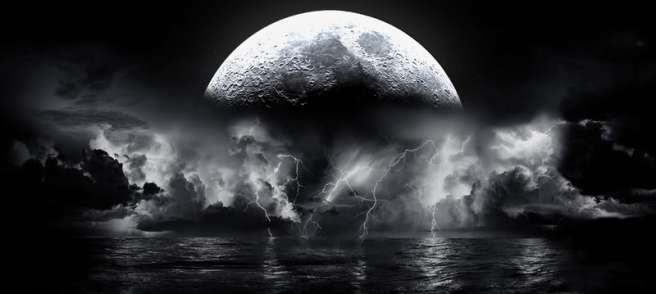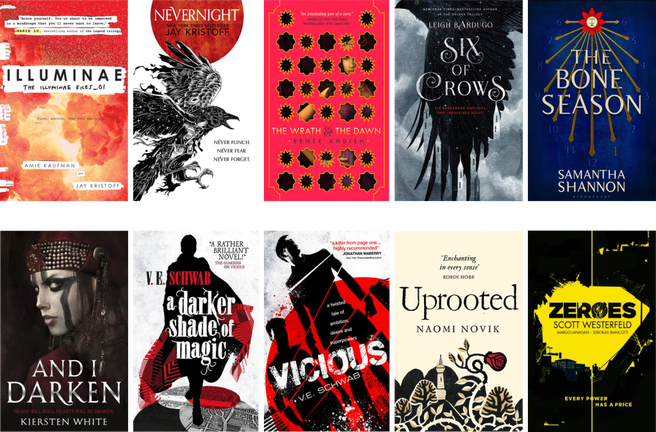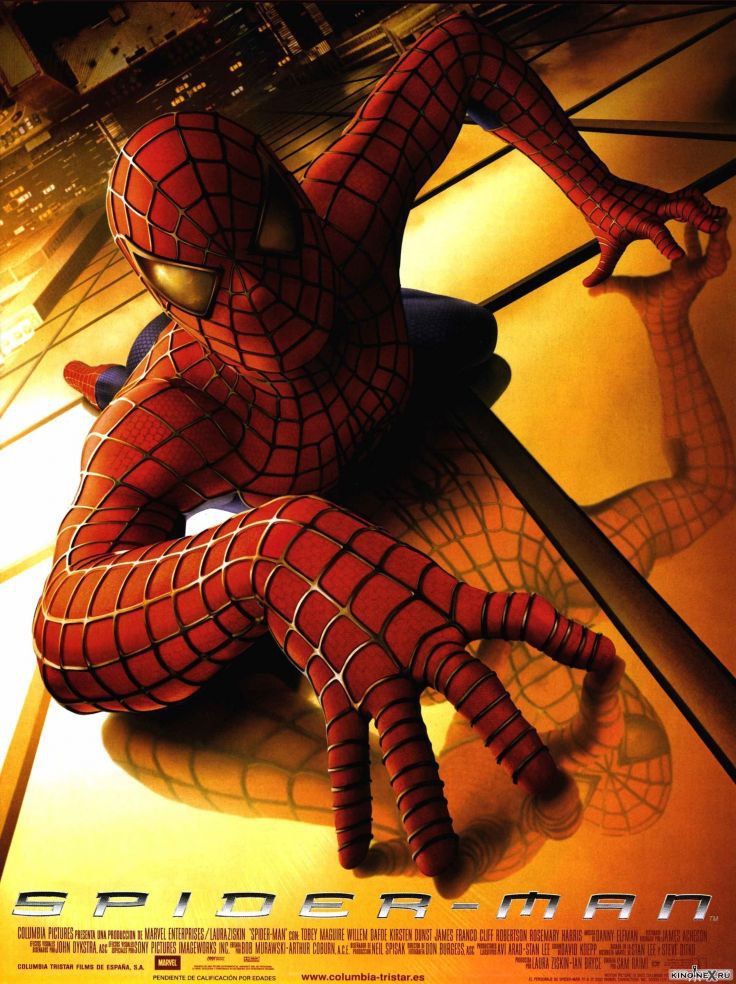 A selection of books from one of my shelves, including Xenogenesis, Octavia’s Brood, Independent Women, Women of the Way, Jaguar of Sweet Laughter, GRANTA’s Love Stories, Assata, Our Voices Our Lives, Borderlands/La Frontera, Last Standing Woman, Narrative of the Life of Frederick Douglass, Tar Baby, Zami: A New Spelling of My Name, Creation Fire: A Cafra Anthology of Caribbean Women’s Poetry, The Collected Poetry of Nikki Giovanni, Reproductive Justice: An Introduction, Speaking for the Generations, and I Ask the Impossible
A selection of books from one of my shelves, including Xenogenesis, Octavia’s Brood, Independent Women, Women of the Way, Jaguar of Sweet Laughter, GRANTA’s Love Stories, Assata, Our Voices Our Lives, Borderlands/La Frontera, Last Standing Woman, Narrative of the Life of Frederick Douglass, Tar Baby, Zami: A New Spelling of My Name, Creation Fire: A Cafra Anthology of Caribbean Women’s Poetry, The Collected Poetry of Nikki Giovanni, Reproductive Justice: An Introduction, Speaking for the Generations, and I Ask the Impossible
Last week The Guardian published a piece of “top 10 writer’s tips,” drawn from a new book written by Travis Elborough and Helen Gordon (Being a Writer: Advice, Musings, Essays, and Experiences From the World’s Greatest Authors). Not surprisingly, the list is very… white. And the advice, while not bad advice by any means, is also pretty plain. I certainly didn’t feel like I learned anything I hadn’t heard before or that inspired writing fervor in me. Perhaps the problem is that it comes from “the world’s greatest authors” and how “great” is being defined in such a limited scope. The 10 pieces of advice are offered by fiction writers, for example. Not even one poet is included, though some of them are also essayists (generally secondary to their fiction writing). The advice offered is unoriginal, though perhaps that is no fault of the authors themselves and only leads to questions about why this is the “best” that could be collected. In some cases the advice is outright hypocritical given what we know of some of the authors included (“Don’t write and drink,” is advice gleaned from F. Scott Fitzgerald), though generally “good” advice. I imagine the book must be far more interesting than the article, as one has the opportunity to delve deeper into the thoughts of various writers on their craft – both successes and failures. The most useful part of the article isn’t the actual advice, but this sentence in the preamble:
“Researching the book, it quickly became obvious that there isn’t a correct way to set about writing creatively, which is a liberating thought.” (Travis Elborough)
There is no “correct way.” There are many ways, and writers should find the way that works best for their individual needs. One thing we are rarely, if ever, advised is that your method may need to change as your life changes. Maybe you’re an up-all-night person in your 20s, but after becoming a parent you discover your most functional time to yourself is getting up before dawn for one hour of writing. You may discover you have a pattern of “productivity” where certain months/seasons of the year you are able to be hyper-disciplined, and during other months or seasons you get nothing done at all. There is no “correct way.”
If you could give a few key pieces of writing advice to others, what would they be?
Mine are:
- Read, and read variety. I never understand people who call themselves writers but say they can’t find time or don’t enjoy reading. Reading, in a broad sense, helps writers to learn sentence structure, new vocabulary, and what “works” or doesn’t for the reader. You should definitely be reading within your own genre/form, so you know what has already been (over)done, what about your story is unique, and how others are addressing the questions your work is trying to answer. But you should also read outside of your comfort zone to broaden your perspective.
- Write when you can. Beyond finding the “time of day” that your brain can best function in, you should write when you have ideas, even if you only have a few minutes to jot down some notes. A lot of advice is about “making time” and not waiting for inspiration to strike – sit down and get working. This is valuable advice if you are the type who procrastinates a lot, but it’s not practical for everyone. Keeping a notebook (or note making app) to scratch down a bit of dialogue when it occurs to you, a thought that crosses your mind in the middle of your workday, or a few poetic lines about something you see is a legitimate part of the writing process. You’ll also likely find that you have weeks or months when you can’t write anything, and most writers feel horrible about those times because capitalism has told us we must “sit your ass in the chair and write every day” and that productivity and word counts matter. The fallow times are when your back brain is collecting ideas, images, etc. to prepare to write later. It’s also true that real life can get in the way, and being honest about that is better than beating yourself up.
- Even the “greatest” writers write a lot of crap. So many writers I know have a lot of anxiety about how their work should be “great” all the time, and generally in the first draft. If only we could see the original book a writer sent in to their editor we would have a better idea of how much revision matters. And the draft sent to the editor is after any number of drafts at home where the writer discarded whole chapters, re-wrote a lot of scenes, worked through a singular poem for three months. In the article above, Miranda July is quoted as saying, “I didn’t realise I was writing a first draft. And the first draft was the hardest part. From there, it was comparatively easy. It was like I had some Play-Doh to work with and could just keep working with it – doing a million drafts and things changing radically…” In the digital age, we often don’t even see a lot of our own changes in the process anymore because once we overwrite something it’s just gone. We are losing perspective of how much writing is about the revisions, not the first draft. And even the greatest writers threw out a dozen or more attempts before they got to what we like so much in the final product. Even the greatest writers set manuscripts, stories, and poems aside, dissatisfied. Even the greatest writers haven’t even begun to write something that has been sitting in their head for years because they don’t feel like it’s “good enough” yet.





